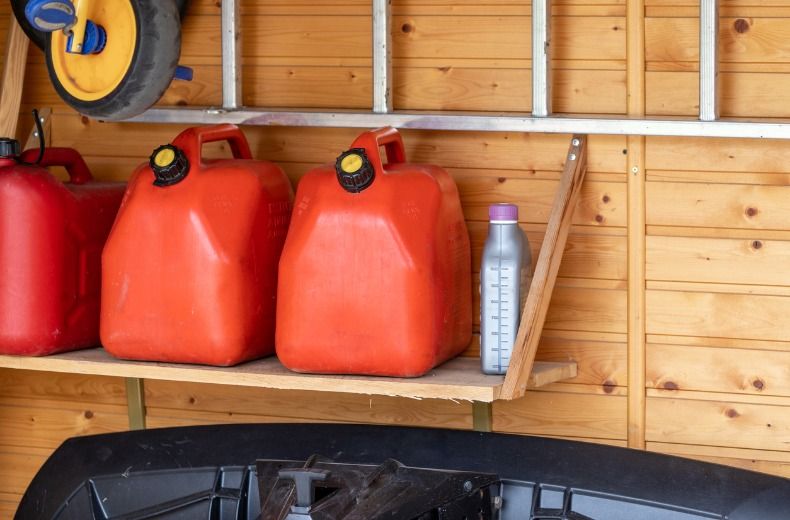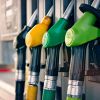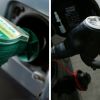While this isn’t illegal if done correctly, it “doesn’t mean it’s the right thing to do” when others are more in need, and there are also dangers to consider, experts warn.
The RAC has laid out the law on the right way to store fuel at home, to ensure those who really need to can stay safe. An individual is allowed to store up to 30 litres of petrol without a special licence, however there is no specific legal requirement on the storage of diesel in your home.
Fuel can only be stored if it has been placed in the correct container with a tight-fitting lid. You can store up to 10 litres in a plastic container, 20 litres in a metal ‘jerry’ can, and 30 litres in a demountable fuel tank, such as from a small boat.
If you’re storing petrol at home, you must consider the fire risk. It should be kept in a secure outbuilding – such as a shed or garage – that is away from any sources of ignition and is cool and well ventilated. It should never be stored outside or in your house, and must be kept well out of reach of children and pets. Diesel isn’t flammable like petrol, but as it can still be dangerous, it’s advised to follow the same guidelines.
Petrol can last for around six months if stored in a sealed container at 20 degrees, or just three months if kept at 30 degrees. The more heat it’s exposed to, the more quickly fuel will go off. You want to avoid contaminating the petrol in any way, as this will deteriorate the quality more rapidly.
RAC fuel spokesman Simon Williams said: “Just because it’s legal to store up to 30 litres of petrol at home, doesn’t mean it’s the right thing to do when so many drivers have been struggling to get the fuel they need to go to work and carry out their important daily tasks.
“Those who need to should follow the law carefully to keep themselves, their families and neighbours safe. Petrol should always be kept in the proper containers in an outbuilding and never left outside.”
- What is the best fuel for my car? The definitive guide to different fuel types
- What to do after putting the wrong fuel in your car
- What is E10 fuel and how will it affect you?
The RAC has also issued tips on how to drive fuel efficiently and make the most out of a single tank of petrol or diesel. You should drive with a light right foot, as accelerating and braking gently will keep the engine’s revs down and save fuel.
It’s also wise to try and maintain momentum, such as by anticipating what’s happening ahead to adjust your speed more smoothly, rather than wasting fuel by stopping and starting. Combining your journeys will also allow you to use a warmer – and more efficient – engine, which means you can avoid cold starts and increase your car’s fuel consumption.

RAC sale – up to 33% off*
• Roadside cover from £5.29 a month†
• We get to most breakdowns in 60 mins or less
• Our patrols fix 4/5 breakdowns on the spot











